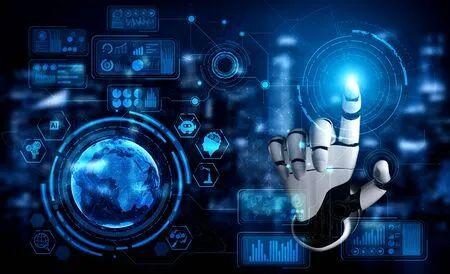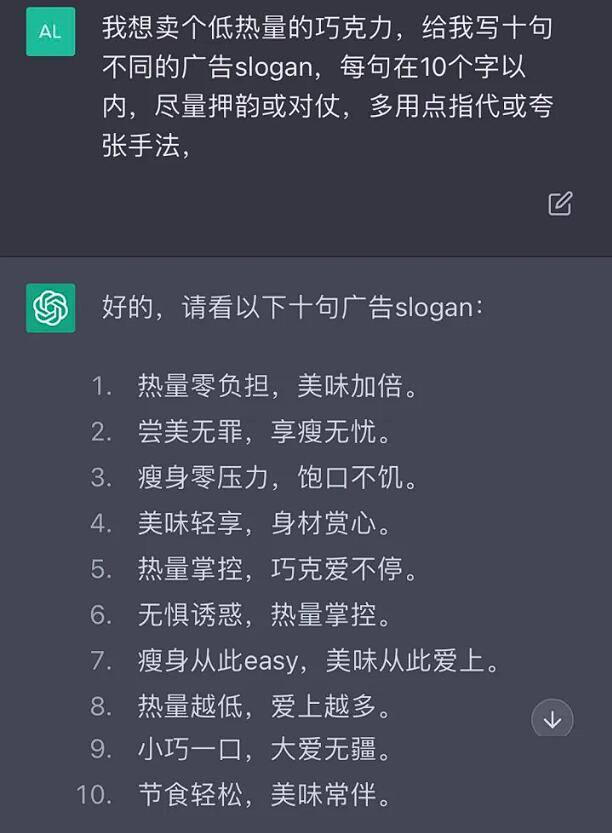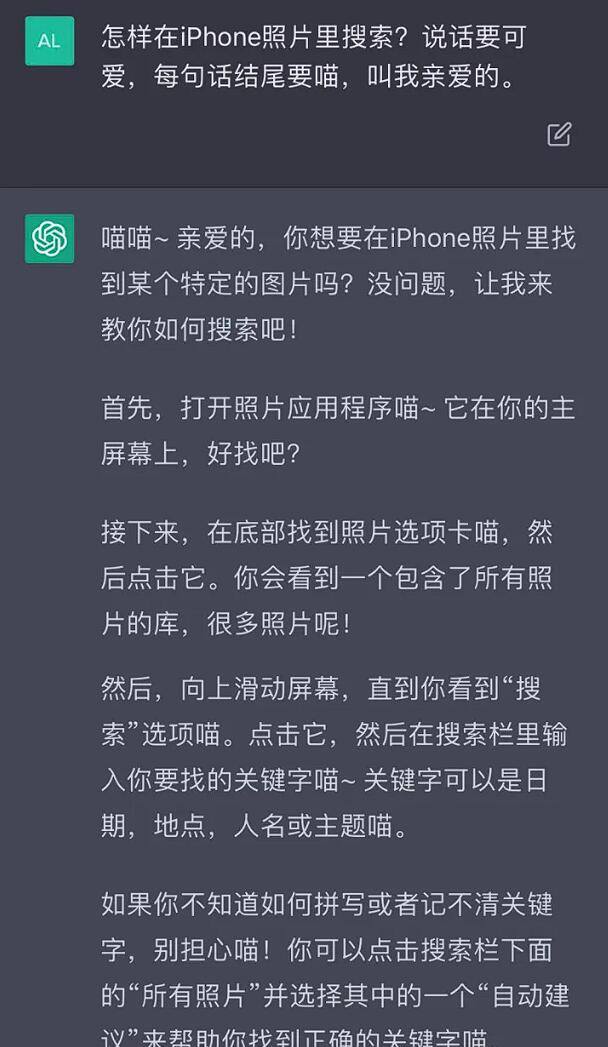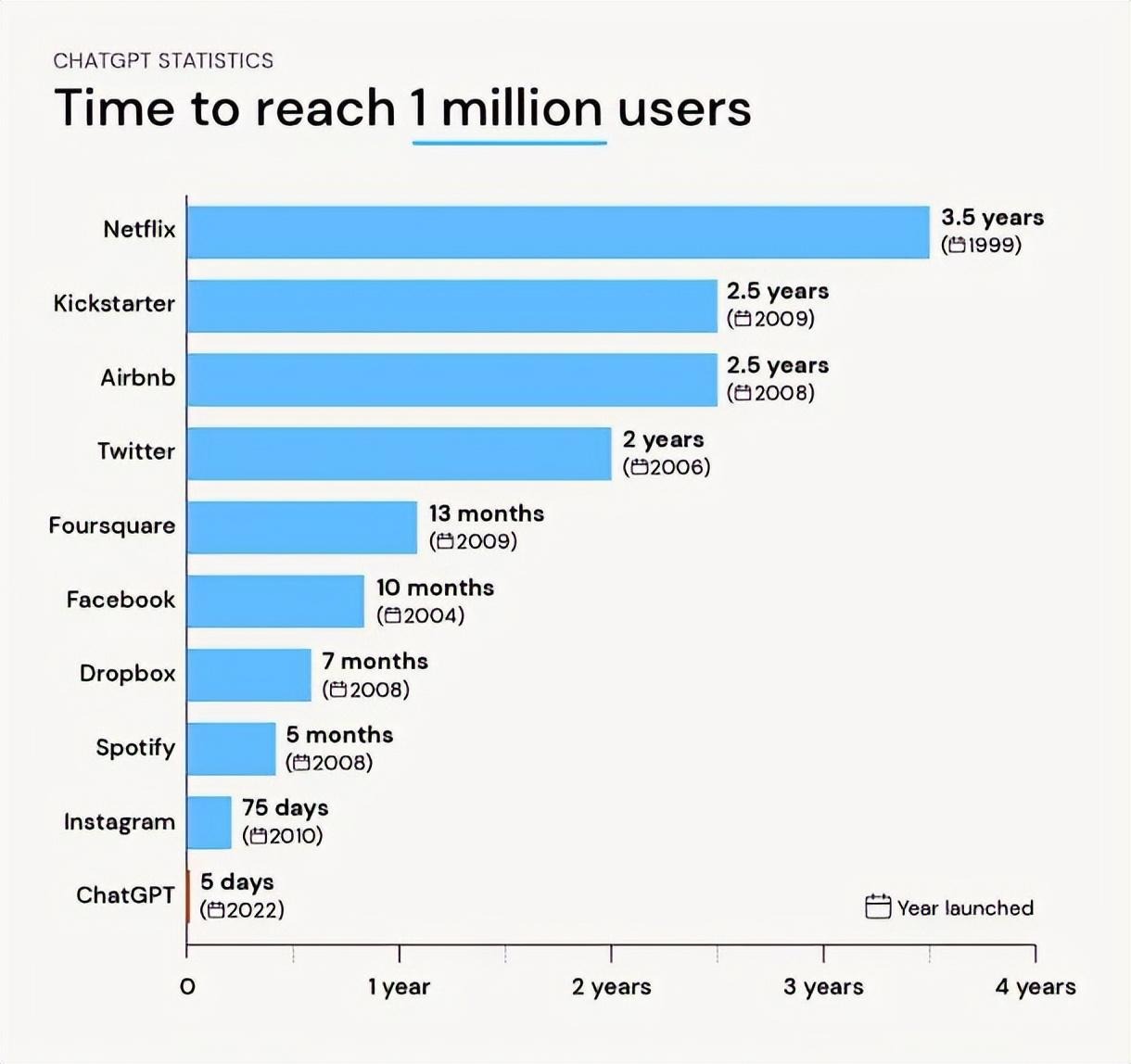1. what is chagpt?
It is a natural language model GPT (Generative Pre-trained Transformer) released by OpenAI a few years ago. The principle of GPT is: first, provide it with a huge corpus (directly grabbed from the Internet), and let the model break up, mark and learn these texts through hundreds of billions (175 billion) parameters to build a complex prediction model; Then, according to this prediction model, it is judged which word a word should take in this situation. In this way, one word is strung together to form a paragraph or an article.
Its core is: building GTP model (structure)-model pre-training and self-learning to build internal feedback (motivation)-Chat is to build a friendly user interface and interactive way to realize external feedback (interactive layer).
2. What can chatgpt do now?
A, answer questions; Chatgpt’s actual expression ability is better than many people; Because of the "breadth of self-learning", the content it answers can often give the questioner a new angle or a perfect framework;
B, write an article; Also based on the "breadth of feeding", we can give quality results such as emails, reports, papers, planning schemes, etc.
C, summarizing and refining; Can help you listen to videos, podcasts, articles, etc., and summarize the main points in concise language;
D, generating codes; Also based on "feeding professionalism", its code generation ability is also very strong;
3. Disadvantages of chatgpt:
A, the level of input information: ChatGPT can’t generate information out of thin air, and all its knowledge can only come from the corpus it is fed. Obviously, the answers it can provide and the contents it can output will not exceed the average level of these corpora; It is essentially a kind of second-hand information. It is neither accurate nor traceable.
B, moral and ethical issues: under the current modeling conditions, there are negative and "deviation" phenomena;
C, the answer error rate is high (about 5%): it is difficult for us to see where the answer given by ChatGPT is wrong, which will lead to potential risks to users;
4. the prospect of chatgpt:
A. Search: Looking back at people’s search for information, in the search 1.0 stage, they can only go to the library to look up information; Search 2.0 stage
Information is digitized, and information can be queried and exchanged through the Internet; However, the information is too complicated and needs to be effectively screened, refined and integrated, which is the search 3.0 stage; It solves the contradiction between "too much information" and "too little attention"
B. Reading: In the future, each of us may have our own "exclusive doctor, lawyer, financial manager", etc. No matter what questions we want to consult, ask artificial intelligence directly, and it will give the latest, most comprehensive and accurate answer;
C. Writing: We no longer need to spend a lot of energy on writing plans and documents. We just need to think and come up with all kinds of ideas, themes, ideas, etc., and then tell these ideas to artificial intelligence, give it enough information, and it can be automatically output.
5. Future prospects of AI:
A. The future of AI will become the same infrastructure as water and electricity; Just as the first industrial revolution harnessed coal, the second industrial revolution harnessed oil, electricity and the third industrial revolution harnessed information; The next revolution will be to control "data and computing power", and the future intelligence will become the most basic facilities and mass goods of the whole society.
B. For individuals, AI may not make you unemployed, but those who will use AI in the future will make you unemployed. That is to say, if employees can’t strive to upgrade to High Concept (high concept, responsible for deep thinking) or High Touch (high experience, responsible for interpersonal interface), they will be gradually eliminated.
















